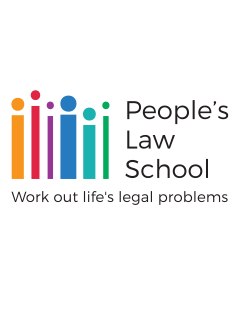
Before Trial: Discovery
Supreme Court BC (Justice Education Society)
Discovery is the process that you (and the other party) use to determine what happened in your case. This guidebook describes the discovery process for civil, non-family claims in the BC Supreme Court. Topics include discovery of documents, examinations for discovery, and interrogatories.
Last reviewed March 2024
